And then they steal toilet paper: China has opened a toilet of the future with a facial recognition system
Categories: Asia | Society | Technology
By Pictolic https://pictolic.com/article/and-then-they-steal-toilet-paper-china-has-opened-a-toilet-of-the-future-with-a-facial-recognition-system.htmlChina is experiencing a "toilet revolution" initiated by North Korean President Xi Jinping himself in 2015. Now public toilets are equipped with Wi-Fi, televisions, ATMs and turbo toilets. Some toilets are even equipped with a facial recognition system so that toilet paper is used sparingly. And not to steal.
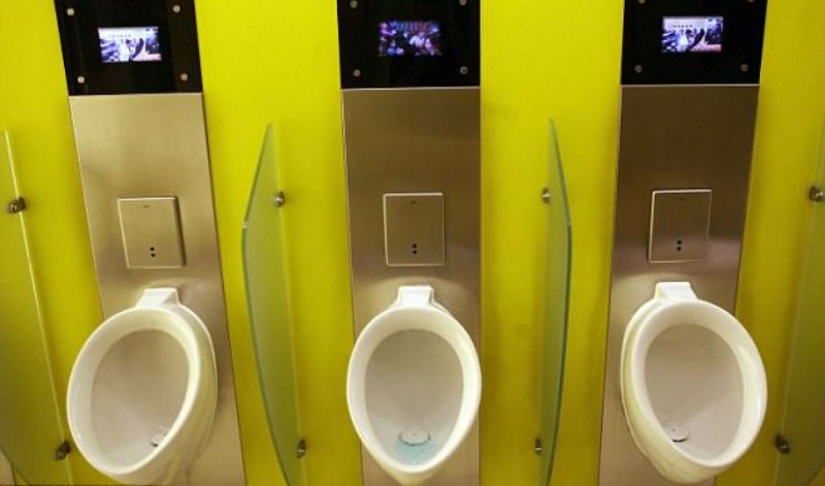 Source: Daily Mail
Source: Daily Mail
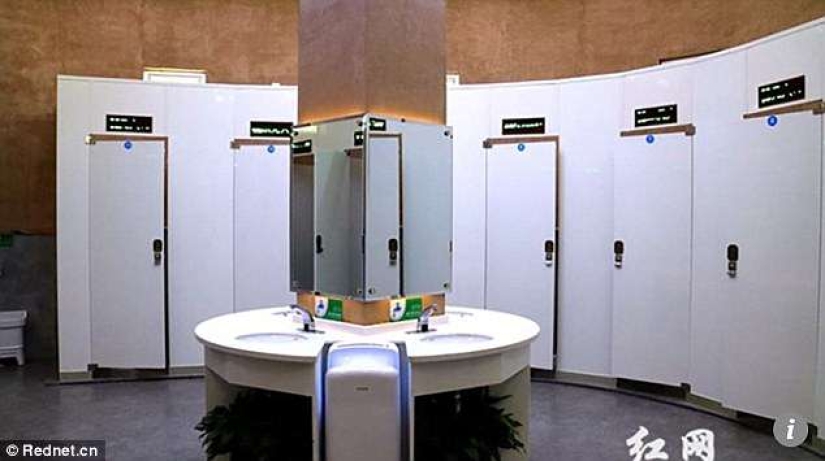 Toilets of the future with facial recognition technology have already been installed in two Chinese cities. Each visitor will be automatically given 40-80 centimeters of toilet paper after the system scans the face. If you need more than the issued amount, please wait 9 minutes.
Toilets of the future with facial recognition technology have already been installed in two Chinese cities. Each visitor will be automatically given 40-80 centimeters of toilet paper after the system scans the face. If you need more than the issued amount, please wait 9 minutes.
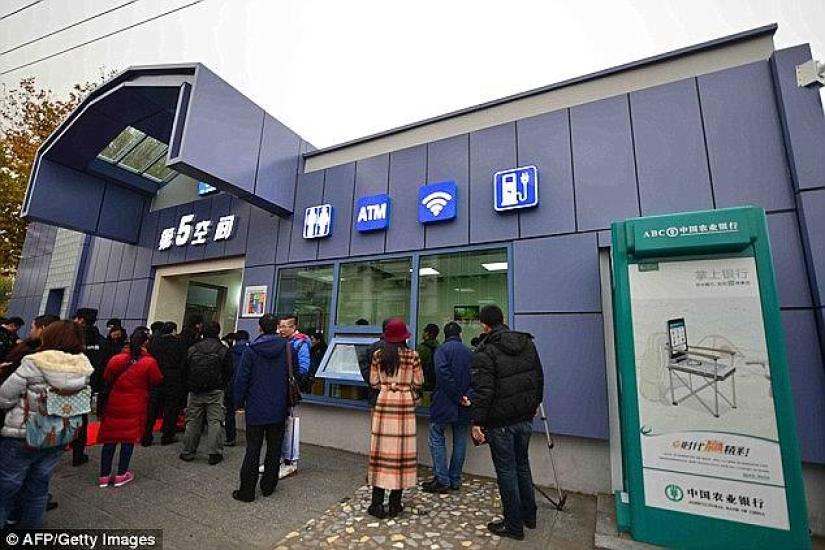 The main reason why public toilets have been equipped with such technologies is so that people do not spend too much paper and do not steal free soap, paper towels and toilet paper itself. High-tech toilets have been installed in the cities of Changsha and Chongqing.
The main reason why public toilets have been equipped with such technologies is so that people do not spend too much paper and do not steal free soap, paper towels and toilet paper itself. High-tech toilets have been installed in the cities of Changsha and Chongqing.
 Prime Minister Xi Jinping said that he plans to install new toilets both in cities and in rural settlements and, of course, in tourist areas. According to Jinping, solving toilet problems is not a trifle at all, but an important aspect in improving infrastructure.
Prime Minister Xi Jinping said that he plans to install new toilets both in cities and in rural settlements and, of course, in tourist areas. According to Jinping, solving toilet problems is not a trifle at all, but an important aspect in improving infrastructure.
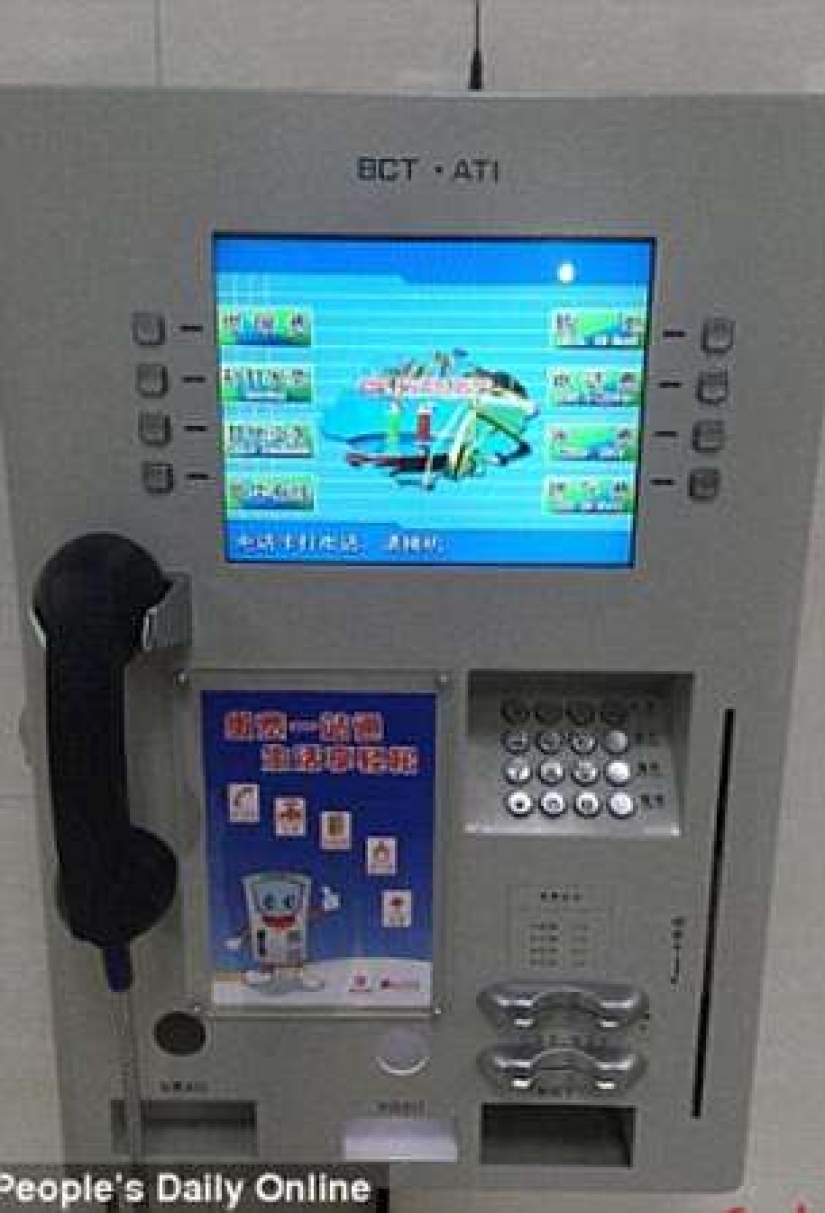 The toilets are also equipped with sensors that alert workers that someone has been inside for more than 10 minutes. It is somewhat illogical, because such established amenities as free Wi-Fi, phone chargers, vending machines and ATMs just assume that the visitor will want to stay longer.
The toilets are also equipped with sensors that alert workers that someone has been inside for more than 10 minutes. It is somewhat illogical, because such established amenities as free Wi-Fi, phone chargers, vending machines and ATMs just assume that the visitor will want to stay longer.
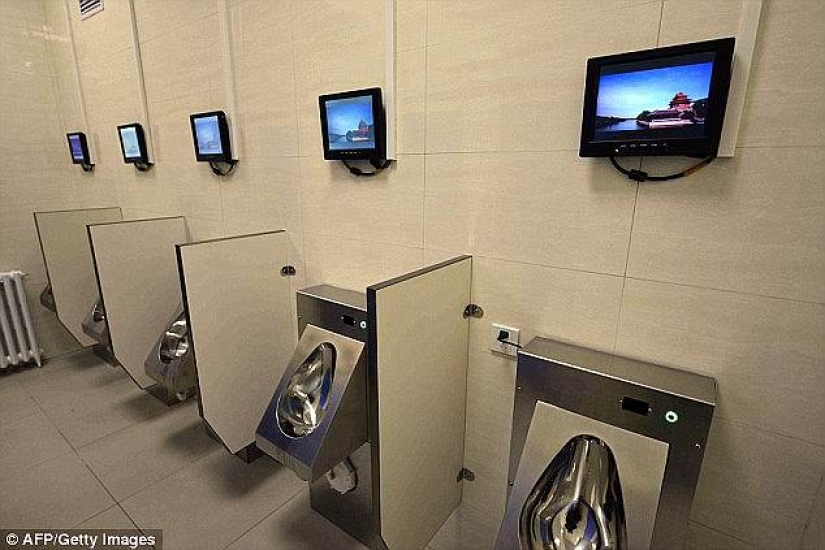 For many years, there has been a problem of unsanitary conditions in public toilets in China. And in poor settlements, more than 14 million people are forced to do their business on the street. The old public toilets are no less a terrible sight — holes in the floor, no toilet paper, soap and privacy. All this, as the authorities fear, may affect tourism.
For many years, there has been a problem of unsanitary conditions in public toilets in China. And in poor settlements, more than 14 million people are forced to do their business on the street. The old public toilets are no less a terrible sight — holes in the floor, no toilet paper, soap and privacy. All this, as the authorities fear, may affect tourism.
Keywords: China | Toilet | Toilet paper
Post News ArticleRecent articles

Winter is a special time of the year, someone is afraid of her, someone is waiting for snow days to build a snowman or go down the ...

The heroes of their photos are used to humiliate others, cheerfully and carelessly shoot everything on the phone and post the ...
Related articles

We are accustomed to the fact that on the packaging of tea, write "loose" and rarely think about what the word means. Meanwhile, ...

Human intervention in the affairs of nature is extremely rarely successful. Especially a lot of trouble was brought to the ...

The sea is still, you are a woman or a man, if you can hold in their hands an army of 70,000. Chinese Chin si could — she started ...

Every day, photographers around the world are looking for new ways to tell stories or capture something we haven't noticed ...